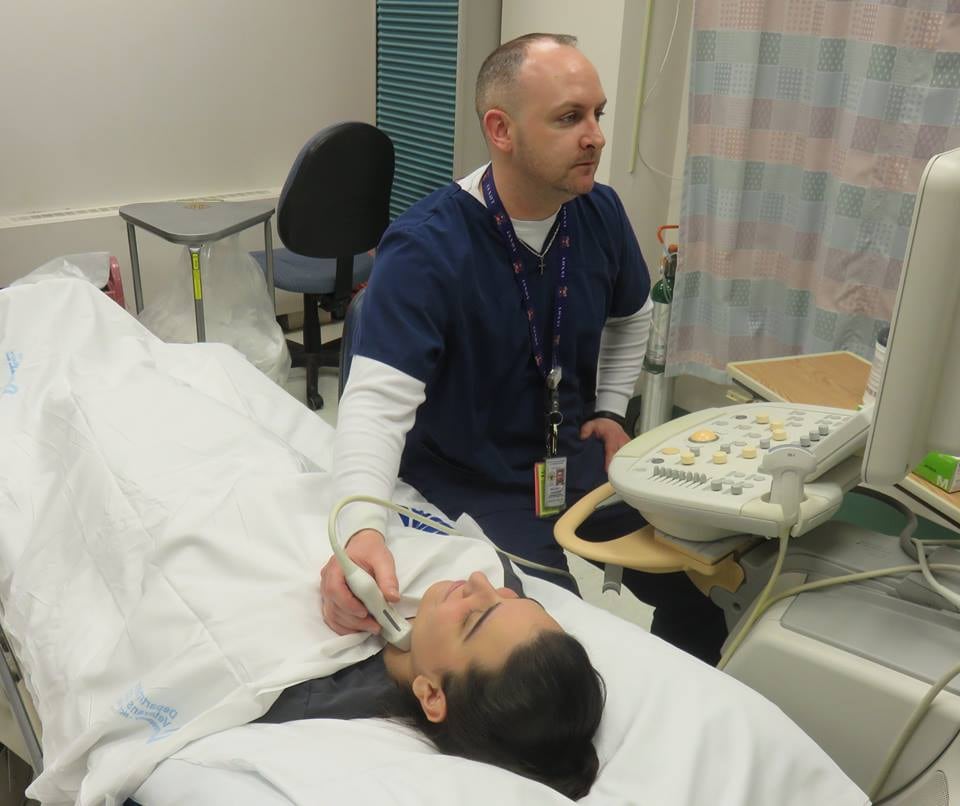Veterans Affairs officials will require thousands of department staffers to return to in-office work by the end of February, part of a government-wide effort to eliminate remote duty assignments launched during the COVID-19 pandemic.
About 20% of VA’s 479,000 employees — nearly 96,000 individuals — currently have full-time or part-time telework arrangements, according to the department. It was not clear from VA’s announcement how many of them will see changes in their status in the next few weeks.
Officials insisted the move back to the office is about fairness and efficiency.
“This is a commonsense step toward treating all VA employees equally,” acting VA Secretary Todd Hunter said in a statement. “Most VA clinical staff don’t have the luxury of working remotely, and we believe the performance, collaboration and productivity of the department will improve if all VA employees are held to the same standard.”
RELATED

As one of his first official acts after inauguration, President Donald Trump issued a memo stating that agency heads must “take all necessary steps to terminate remote work arrangements and require employees to return to work in-person at their respective duty stations on a full-time basis.”
In a message to VA staff on Monday, department leadership said that all political appointees, senior executive service members and their equivalents, and scientific or professional employees will no longer be eligible for remote work arrangements in the future.
By Feb. 24, any telework agreements for that group will be terminated, except for “ad hoc or situational telework.”
Officials also said that by April 28, any remote work and telework arrangements for non-bargaining unit employees who live within 50 miles of an agency facility will be terminated.
Remote work agreements for supervisors and non-bargaining unit employees who live more than 50 miles from their official duty stations are still being reviewed. Officials promised further guidance in coming weeks.
Union members are not covered by the new announcement. Officials said that return to in-person work for any bargaining unit employees will be announced at a later date.
And the new policy does allow for exceptions “as a reasonable accommodation due to a disability or a qualifying medical condition.” Exceptions also include military spouses with permanent change of station orders.
Still, critics have already attacked Trump’s limits on remote work as unproductive and potentially harmful to agency end strength.
“Providing eligible employees with the opportunity to work hybrid schedules is a key tool for recruiting and retaining workers in both the public and private sectors,” American Federation of Government Employees National President Everett Kelley said in a statement last month.
“Restricting the use of hybrid work arrangements will make it harder for federal agencies to compete for top talent.”
In his confirmation hearing last month, Veterans Affairs Secretary nominee Doug Collins told lawmakers that he would “encourage employees to come back to work” if confirmed into the top job, but he also said he would ensure the department was following the White House’s remote work limits.
“We’re going to make sure that we get people in there, because at the end of the day, it’s about veterans,” he said.
Collins is expected to be confirmed to the top VA leadership post later this week.
Leo covers Congress, Veterans Affairs and the White House for Military Times. He has covered Washington, D.C. since 2004, focusing on military personnel and veterans policies. His work has earned numerous honors, including a 2009 Polk award, a 2010 National Headliner Award, the IAVA Leadership in Journalism award and the VFW News Media award.




